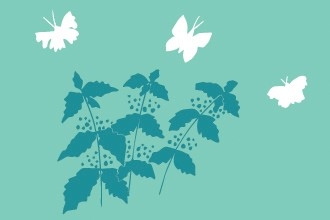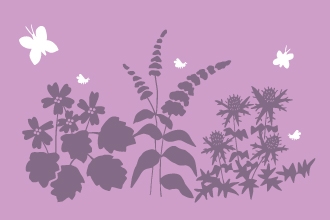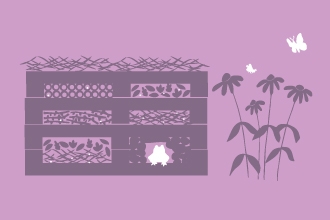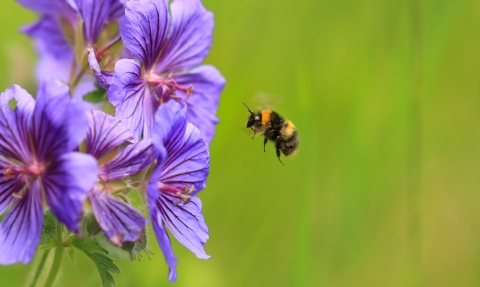
(c) Jon Hawkins
Action for Insects
Will you help the most important creatures on the planet?
41% of insect species face extinction.
The loss of their habitats and overuse of pesticides are two major reasons why these little creatures are dying out eight times faster than large mammals.
However, it’s not too late and with your help, we can put insects into recovery.
Claim your FREE Action for Insects guide for your garden or local community, or for your school and start to make a difference today.
By working together, we can change the future of insects. Starting right now, you can make small changes in your home, lifestyle and community that will help these fascinating creatures. Follow the advice in our Action for Insects guide and create an insect-friendly garden that is teaming with wildlife.
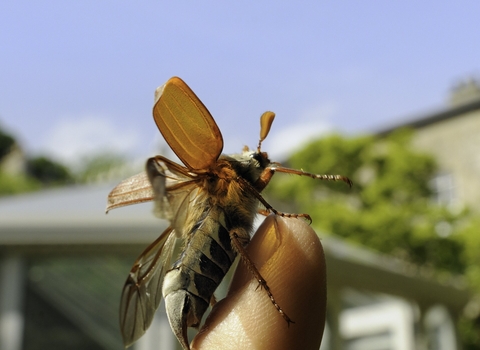
Common cockchafer / Maybug (Melolontha melolontha), taking off from human finger, Wiltshire garden, UK, May. - Nick Upton/2020VISION
Two simple actions that will make a real difference
1. STOP killing insects by reducing your use of harmful chemicals at home
2. START to create 'bug hubs' plant pollen and nectar rich flowers, build a pond, create homes for bugs
Please help by making a pledge to Take Action For Insects today. When you sign up we will provide you with free action guides to help you go chemical-free in your garden and make your garden a haven for wildlife.

